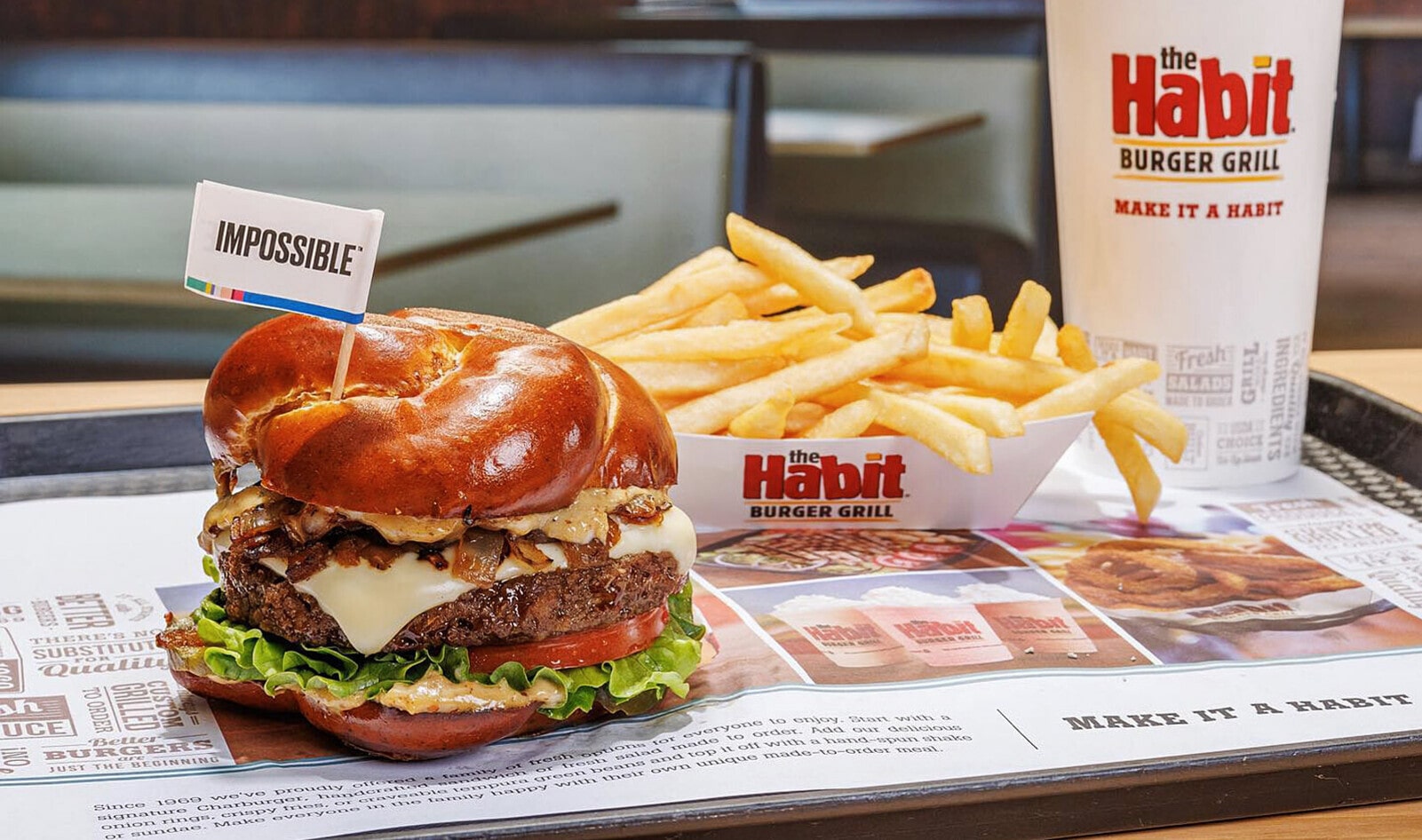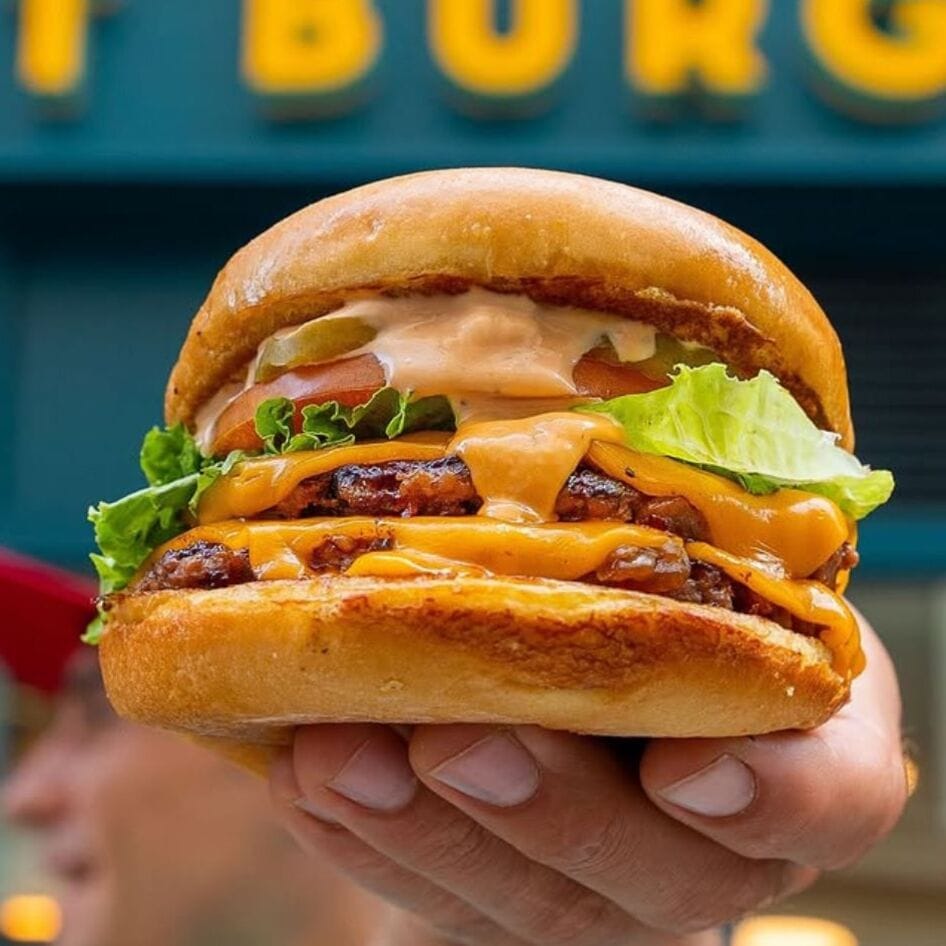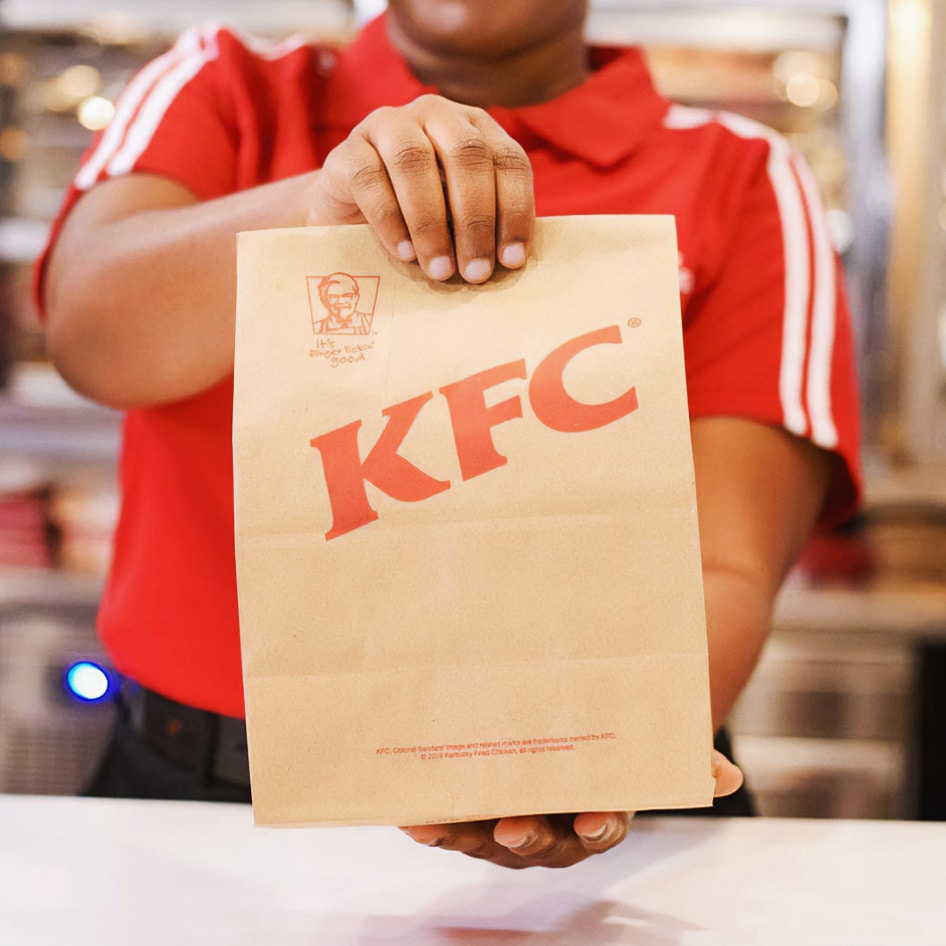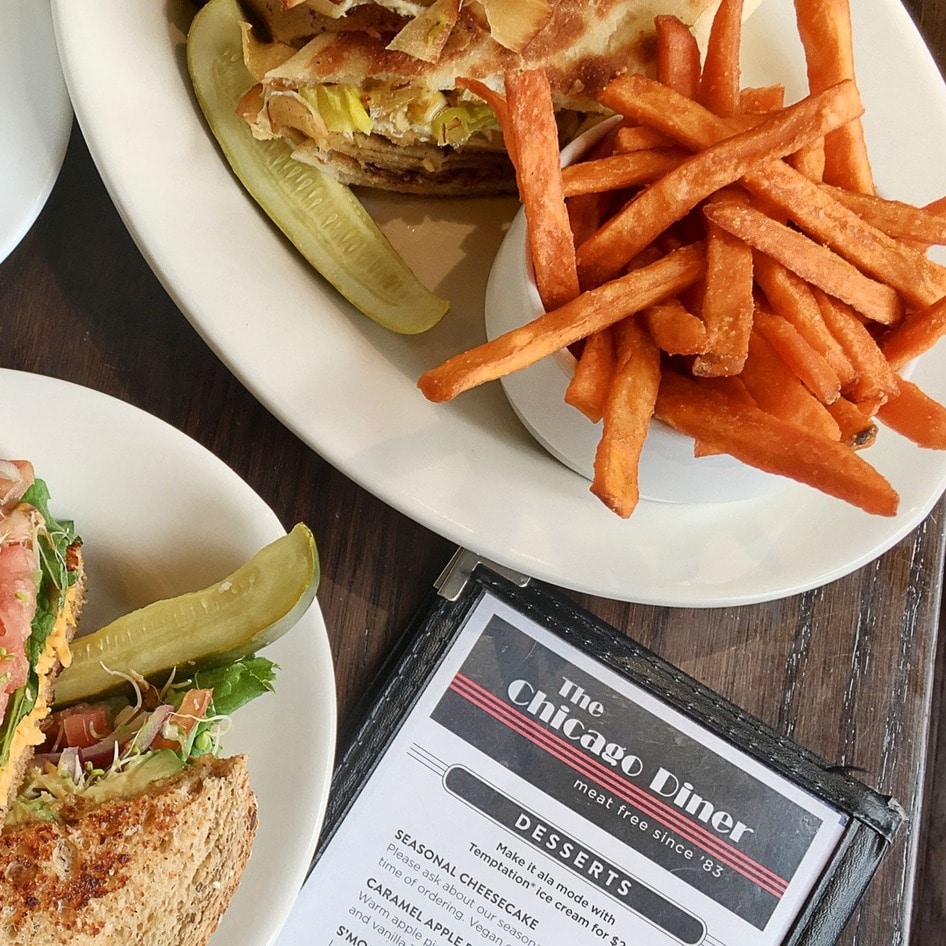Finding vegan food on restaurant menus across the United States is becoming easier, according to the new State of the Plant-Based in Foodservice report by Plant Based Food Association (PBFA). That’s because nearly half (48.4 percent) of US restaurants now offer plant-based options, representing a 62-percent growth since 2012.
PBFA analyzed data from operators across segments including on-site, quick service, fast casual, fine-ding, and more to paint a picture of how plant-based foods are being adopted within the food service industry.
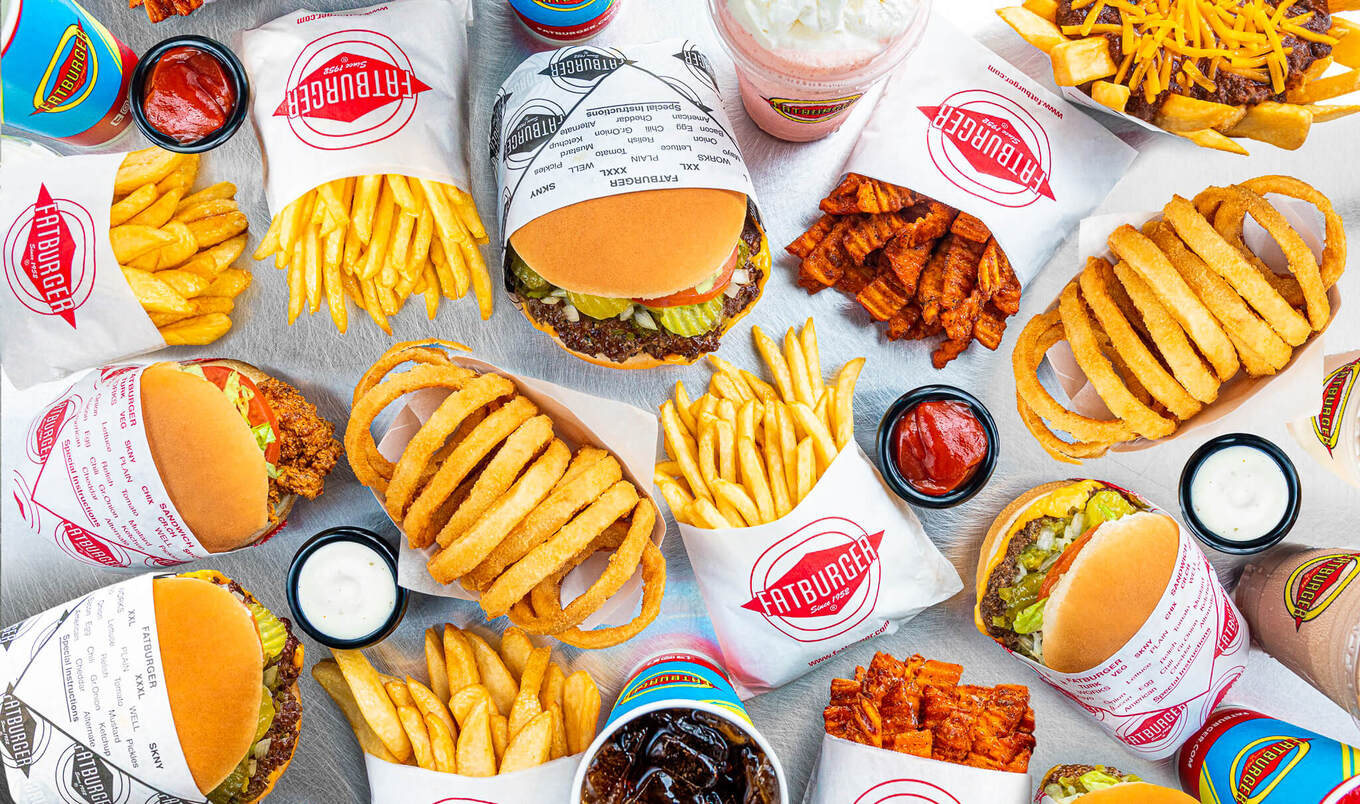 Fatburger
Fatburger
PBFA’s findings reveal that restaurants in the West were most likely to call-out descriptors such as “vegan,” “dairy-free,” and “vegetarian” on menus, while eateries in the South are least likely to emphasize these terms. The Northeast is the most likely to call out the term “meatless” on menus.
The term “plant-based” is called out on 5 percent of menus across the country, however this term has experienced the most growth. Who is most interested in plant-based options? According to PBFA, one-third of Americans have an affinity with the term “plant-based,” with interest skewing toward millennial and Gen Z women in Asian and Black demographics.
“Plant-based foods are the arm of innovation for food service operators and a key opportunity to engage a new segment of consumers looking for a variety of plant-based options,” Hannah Lopez, PBFA Director of Marketplace Development, Foodservice, said in a statement.
“This research lays the foundation for how plant-based foods can be implemented to optimize overall brand strategy of food service establishments.”
Is vegan meat here to stay?
The permanence of plant-based meat has been a topic of discussion in recent months, with some predicting that the sector has soured while others are more hopeful. PBFA found that when it comes to foodservice operators, 28 percent plan to add plant-based meat to the menu in 2023 while only 7 percent plan to remove it.
Restaurant operators had a difference of opinion when it came to whether or not plant-based meat was here to stay, with 60 percent predicting its a long-term trend while 40 percent said it was a short-term fad.
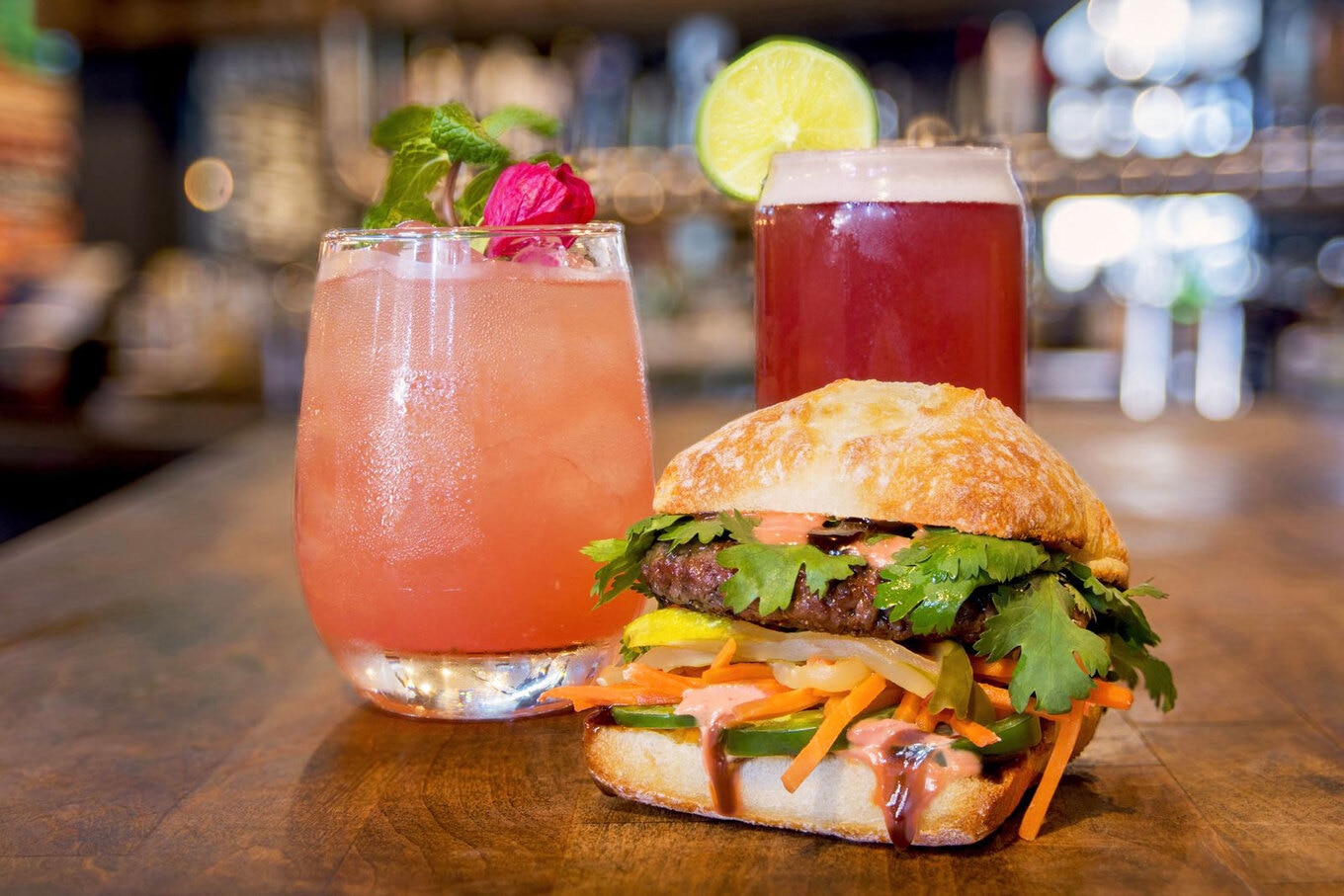 Doghaus
Doghaus
The difference of opinion is pronounced among the types of restaurant operators, with on-site providers, lodging, and healthcare falling more on the long-term side while quick service and fast casual restaurant operators leaning toward plant-based meat fizzling out as a fad.
How can foodservice operators make meatless more attractive? The report points to taste and affordability being the top concern among consumers, with satiation and protein content not far behind.
Dairy alternatives are also growing in all sectors of the foodservice industry, with almond milk a top offering on menus and growth of oat milk skyrocketing in coffee beverages. PBFA predicts that the fastest growing sector in this space will be fast-casual operators, with dairy-free options predicted to grow on menus by 31 percent in the next four years.
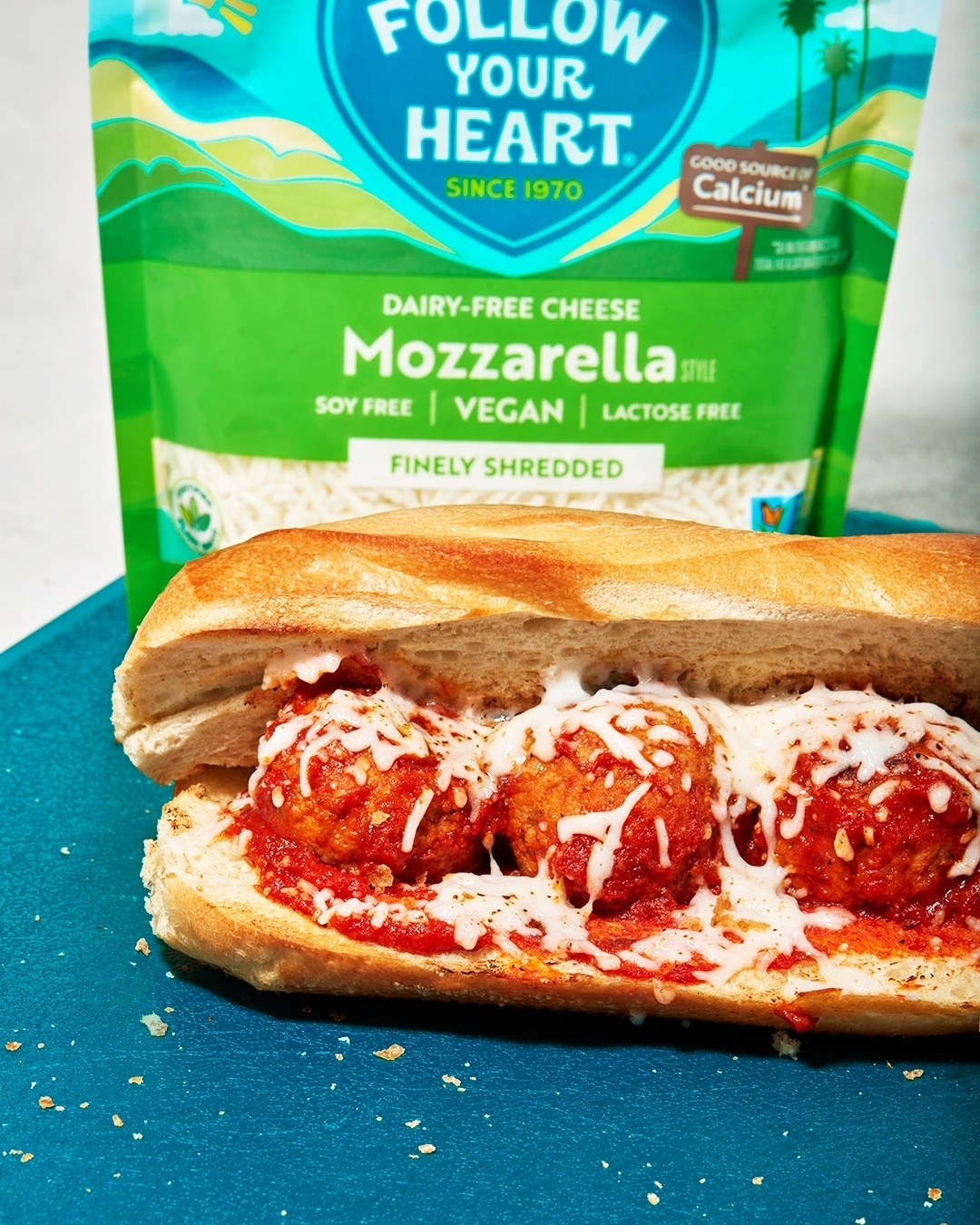 Follow Your Heart
Follow Your Heart
Plant-based cheese has also gained some menu traction at 4.5 percent penetration, with American (up 599 percent), cheddar (up 250 percent), and mozzarella (up 155 percent) the types experiencing most growth in the last four years.
Globally, PBFA identified the United Kingdom—where Burger King just put a vegan bacon cheeseburger on its menu—and Asia as key markets for the growth of plant-based meat in coming years.
Fast-food chains dive into vegan food
At the top 200 restaurant chains, PBFA found that new launches and limited-time offers are nearly back to pre-pandemic levels. However, unique offerings are on the decline. PBFA identifies plant-based foods as a differentiator for restaurant operators, giving them a chance to offer something novel.
PBFA identified January and September as months during which operators experimented most with new plant-based offerings. Fast-casual chains are the most likely to offer vegan food, with fine-dining restaurants as the least likely. Quick-service restaurants (aka fast-food chains) represented 41.8 percent of the US restaurants which now offer plant-based options.
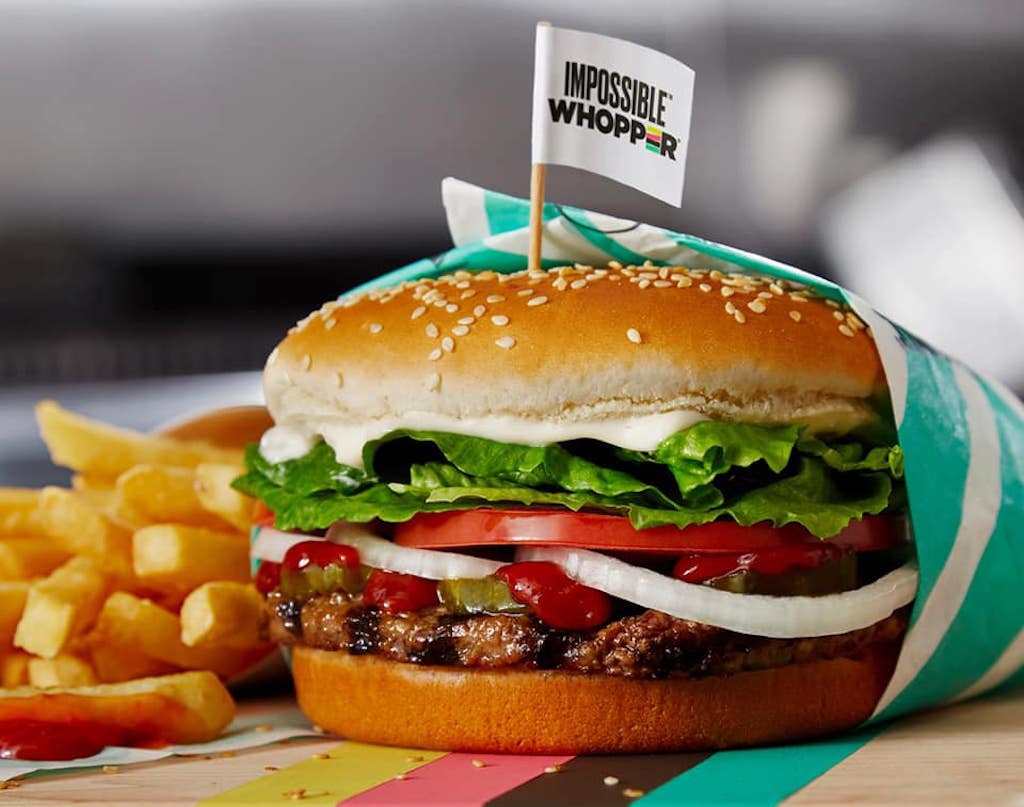 Burger King
Burger King
Several years ago, Burger King, White Castle, and Carl’s Jr. were among the first to offer plant-based meat burgers made by giants Impossible Foods and Beyond Meat. Now, a wide variety of national burger chains—from Red Robin to Fuddruckers—offer at least one plant-based burger option. According to PBFA, quick service restaurants (aka fast-food chains) represented 41.8 percent of the US restaurants which now offer plant-based options.
And the organization predicts that plant-based analogs to meat burgers will double their penetration in the foodservice industry in the next four years, surpassing traditional veggie burgers by 2025.
Outside of plant-based burgers, popular chains are exploring other vegan options. Over the last 12 months, PBFA found that plant-based seafood, egg, and fish alternatives have grown on menus by 57 percent, 52 percent, and 44 percent, respectively.
Plant-based chicken is also growing in menu penetration, up 22 percent in the last year according to PBFA. And vegan chicken has been on the radar of a number of chains, including leading chicken chain KFC.
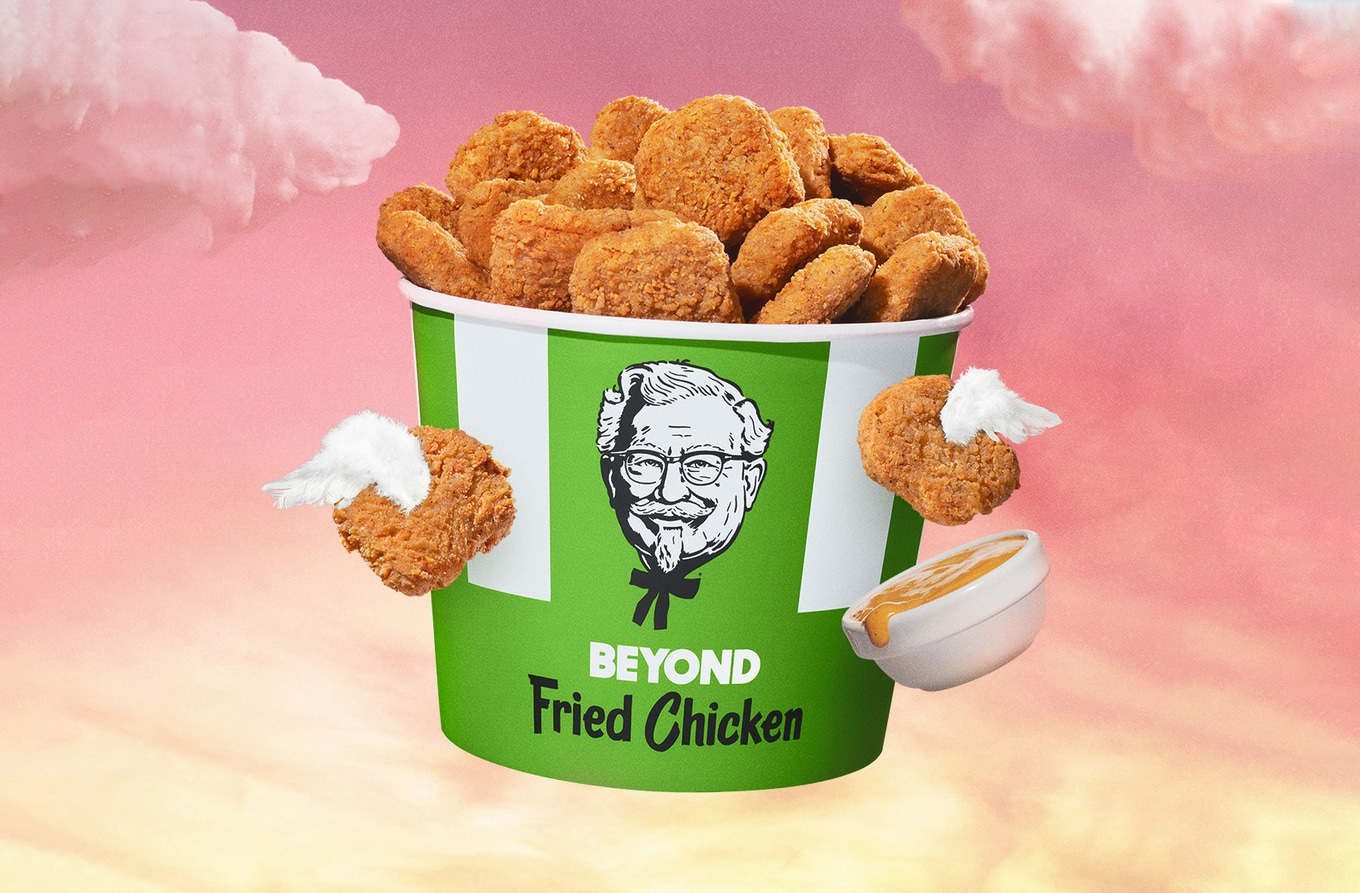 KFC
KFC
PBFA found that the Beyond Fried Chicken offered at KFC for a limited time last year had one of the highest frequency scores at 28 percent, meaning consumers indicated they would order the item all the time if it was available. For this offer, 60 percent of consumers also said they would visit KFC for the vegan chicken alone.
This week, Chick-fil-A is joining KFC in exploring how meatless chicken might perform on its animal-heavy menu. Developed over the course of four years, the new vegetarian Chick-fil-A Cauliflower Sandwich is available for a limited time in three test markets: Denver, CO; Charleston, SC; and North Carolina’s Greensboro-Triad region.
For the latest vegan news, read:
JUMP TO ... Latest News | Recipes | Guides | Health | Subscribe

